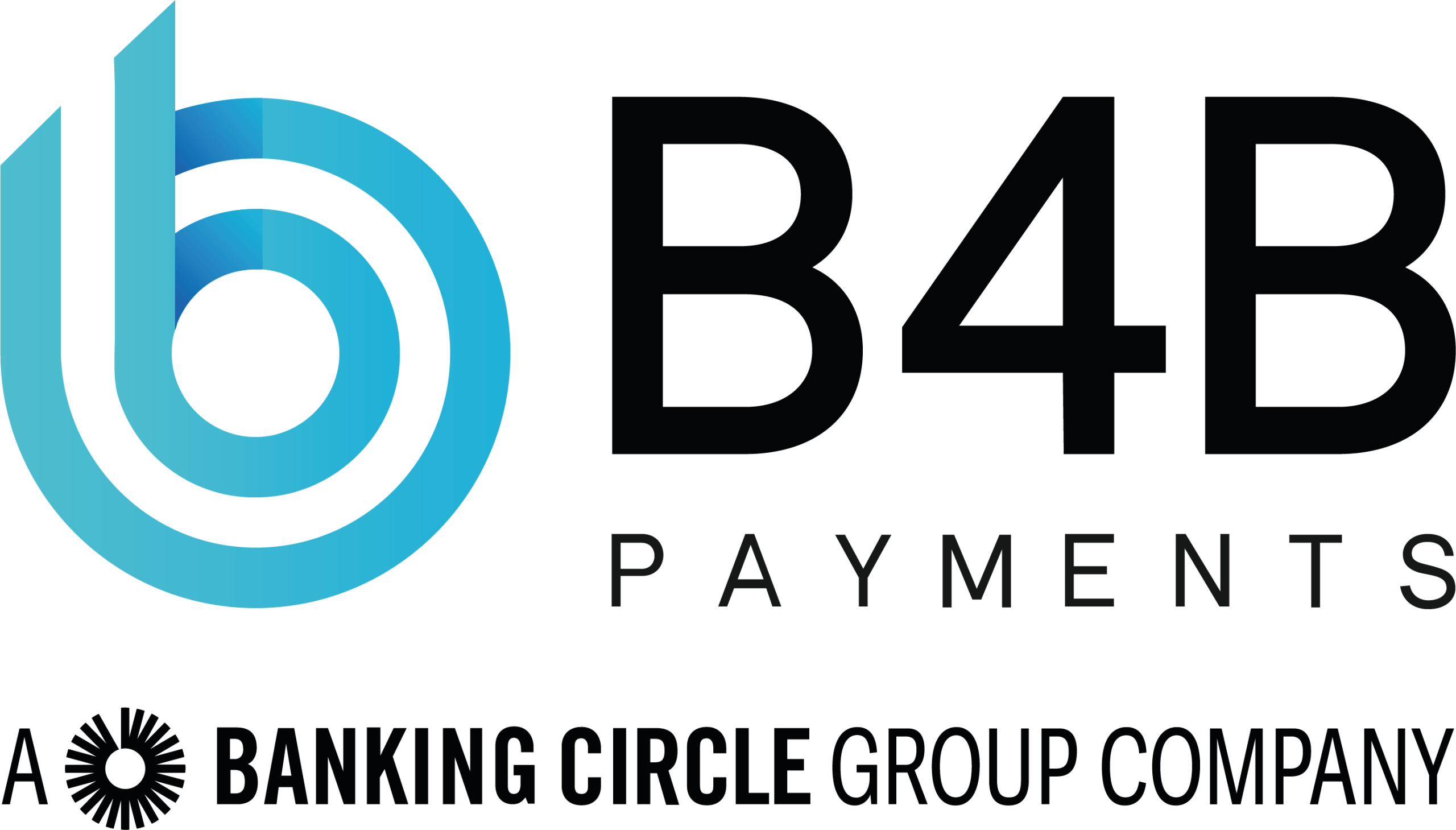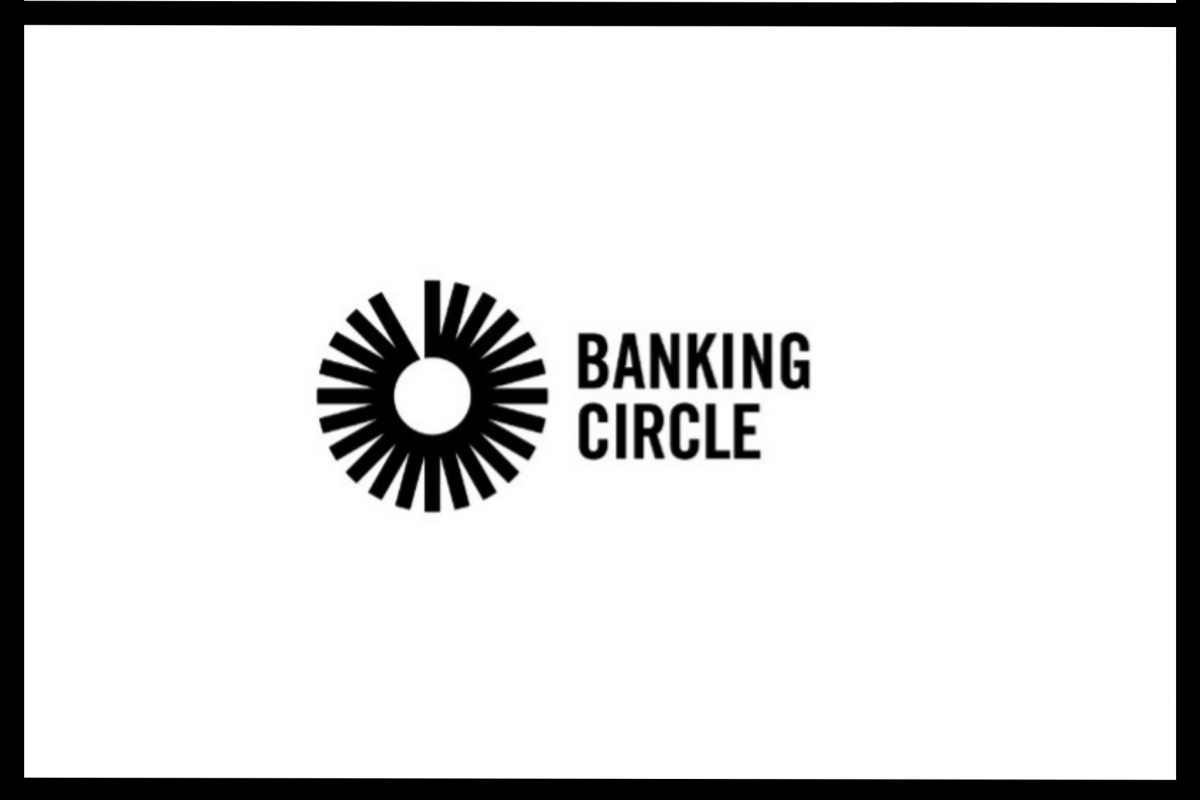Last year, EY found that three out of four consumers across 27 global markets had used an e-money or fintech payment service.
The branch-based model of banking has been on the way out for a long time now – with banking available at customers’ fingertips, demand for digital has grown in huge amounts over the past decade.
In fact, in the UK, e-money and fintech are currently one of the strongest start up sectors. From 2019 to 2020, investment into the sector increased by 35% from £2.44 billion to £3.29 billion – and this was pre-COVID-19!
And, given that UK ATM withdrawals fell by £37 billion from March 2020 to March 2021, COVID has only sped up the move to digital payment.
So how has e-money led the digital revolution?
A major innovation of the past decade has been the development of neobanks.
Neobanks are similar to your regular bank but, instead of operating under the traditional branch-based model, neobanks are exclusively online, accessed predominantly via an app.
There are two type of neobank to consider: real, fully licensed banks, like Monzo, that can do everything a traditional bank can but is purely digital; and E-money instututions (EMIs), like Revolut. An authorised EMI is similar to a bank in that it provides services for customers to make payments and store their money digitally but has some key differences.
Unlike a bank, EMIs often can’t store customers’ money themselves. Instead, money is held by a licensed bank (such as Lloyd’s or Barclay’s) and the EMI provides payment services only. While this means that an EMI can’t give interest on accounts, customers money is kept separate from that of the EMI, which means that it will be protected should the EMI go bust.
Now, banks have been offering online services for years, so the concept of accessing money digitally isn’t new. And it’s true that, unlike a bank, an EMI couldn’t typically offer investment, deposit or credit services, unless they got additional authorisation. However, despite being subject to strict licensing, regulation and oversight, they can be set up much more quickly and efficiently.
This does of course mean that the services an EMI can offer their customers are more limited than those of a bank but what makes an EMI so revolutionary is that, they can be more agile and therefore more easily adapt to emerging trends, as well as integrate new innovations. This means that, as fintech evolves to meet customer demand, an EMI can evolve with it, where a bank wouldn’t be able to quite so easily.
So why are neobanks so popular? 41% of people who opened a digital-only bank account did so in 2020 because it’s more convenient, 39% because they offer better rates, and 28% because transaction fees abroad are cheaper.
What’s more, neobanks and EMIs have plugged a gap and made complex processes simple and easy. PayPal was the first online international money transfer company to provide a simple solution to complicated and expensive fund transfers that historically only a bank could facilitate.
So, with EMIs able to develop this fintech that customers are demanding without the same red tape as a bank, e-money and digital payment services can slot very easily into other sectors.
As Angela Strange, general partner at a16z, once said, ‘Every company will be a fintech’.
Through e-money and digital banking, businesses can now offer simpler and more convenient products and services to their customers – and it’s not just about simpler payments but the whole customer experience.
Look at transport – the days of handing over loose change for a bus fare or scrambling coins together for a taxi are on the decline. Customers can now get from A to B digitally through pre-paid travel cards, and can even track their transport and split their fare through taxi apps like Uber. E-money isn’t just making the payment simpler but the customer experience too.
E-money has also revolutionised retail and hospitality. Loyalty cards, like Nectar and Clubcard, give customers e-money in return for repeat custom to gain discounts on future purchases. You’ve even got Starbucks and Greggs letting customers order food in advance and skip the queue to collect, meaning that the little pleasures can fit seamlessly into customers’ day-to-day lives. Again, e-money hasn’t just made it easier to pay but has made the whole shopping experience simpler and more flexible.
And it’s not just customer spending that’s been revolutionised but the spending of businesses themselves. Where previously, internal finance teams had to keep hundreds of even thousands of pounds worth of petty cash on site and complete lengthy and complicated expense and approval processes, now departments and individual staff members can have e-money transferred to prepaid cards within minutes, and spend can be tracked through a central, digital system.
The digital revolution is in full swing – with fintech now taking top spot in the UK’s strongest start-ups, businesses are flocking to take full advantage.
So don’t be left behind: contact B4B Payments today to see how we can help you be part of e-money’s digital revolution.













